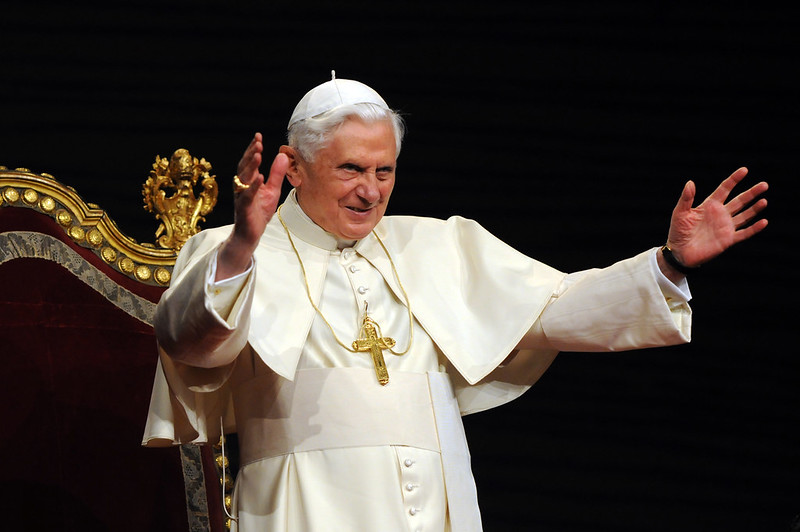March 8 is globally recognized as International Women’s Day, and the month of March is designated as National Women’s History Month in the United States. As such I would like to report and reflect on two recent events that celebrated the contributions of women, yet remind us that there is still much more we need to do to advance the dignity, rights and equality of women and girls.
Interreligious Contributions
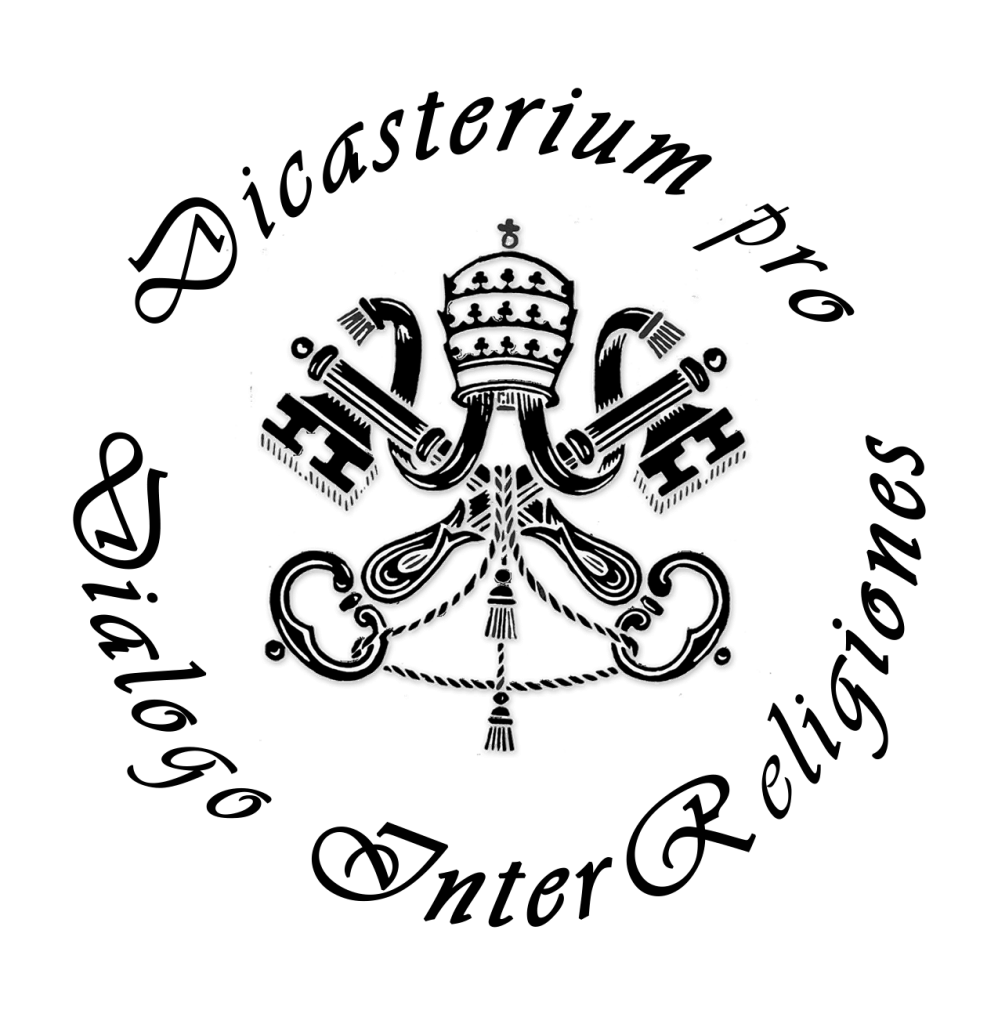 The Dicastery of Interreligious Dialogue (DID) is the Holy See’s guide to the universal Church’s interaction with people of other religions. Founded to advance the Second Vatican Council’s Declaration on the Church’s Relation to Non-Christian Religions (Nostra aetate), it has produced important texts for interreligious understanding as well as hosting meetings in many parts of the world.
The Dicastery of Interreligious Dialogue (DID) is the Holy See’s guide to the universal Church’s interaction with people of other religions. Founded to advance the Second Vatican Council’s Declaration on the Church’s Relation to Non-Christian Religions (Nostra aetate), it has produced important texts for interreligious understanding as well as hosting meetings in many parts of the world.
Two months ago in January, the Dicastery, in collaboration with the World Union of Catholic Women’s Organisations and the Pontifical Urban University, hosted the three-day conference “Women Building a Culture of Encounter Interreligiously.” The purpose of this historic event was to support and strengthen the interreligious contributions of women:
“Working towards a culture of encounter requires wider acknowledgement and promotion of women’s inherent dignity and participation…
The promotion of women’s equal dignity and rights should also be reflected in interreligious dialogue and cooperation. Accordingly, we need to include more women at dialogue tables, where they are still outnumbered by men. Women have unique and indispensable gifts to bring to the building of this culture of encounter: among others, an inclination to listen to, understand, and care for the other, a persevering presence in the midst of difficulty, and maternal wisdom to make concrete and to nourish the desires and aspirations of our wounded humanity.” (DID website)
Women Building a Culture of Encounter Interreligiously
Thirty women from 23 countries and 12 different religious traditions (Christian, Muslim, Jewish, Buddhist, Sikh, Zoroastrian, Confucian, Taoist, Jain, Hindu, Shinto (Oomoto) and African Traditional Religion) convened together in Rome from January 25-27.
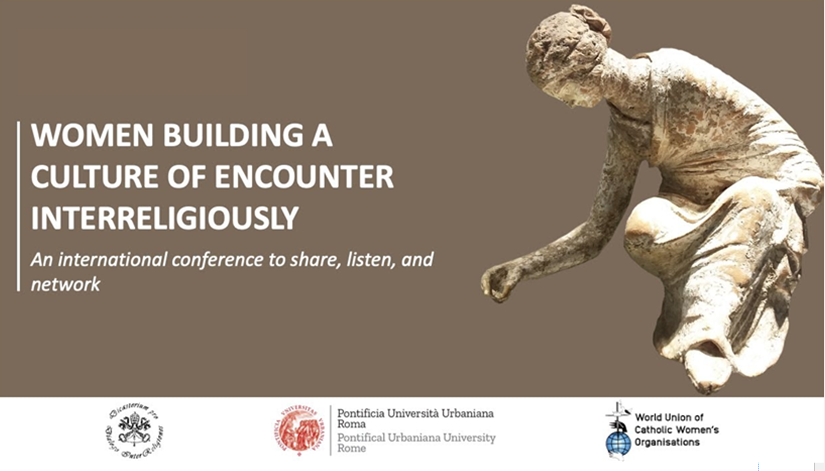
The expressed three-fold goal of the conference was:
- “To appreciate and encourage the role of women and women’s leadership in social, economic, religious and political life at local, national and international levels;”
- “To rediscover how our respective religious classics, saints/sages, religious arts and music can be shared to reawaken our spiritual energy, to heal us and the world;”
- “To learn from the stories of women in fostering interreligious dialogue and a culture of encounter.”
All 30 women presented and participated in panels and open discussions across seven sessions in three days. They shared their experiences and interreligious work (e.g., peacebuilding, healthcare, political activity) from within their own faith and cultural traditions and examined various issues (e.g., discrimination, inclusivity, female leadership) related to building a culture of encounter.
This first-time conference is intended to lead to future interreligious opportunities and platforms for women leaders under the auspices of the Dicastery of Interreligious Dialogue. As such, the women concluded the conference with a sustained dialogue on the panel, “Where do we go from here?”
You can watch videos of the conference proceedings on the Vatican News’ YouTube channel: Day 1, Day 2 and Day 3.
In addition to dialoguing and networking with one another, the women also met with Pope Francis on January 26 in a private audience. His address appears below.
Continue reading →
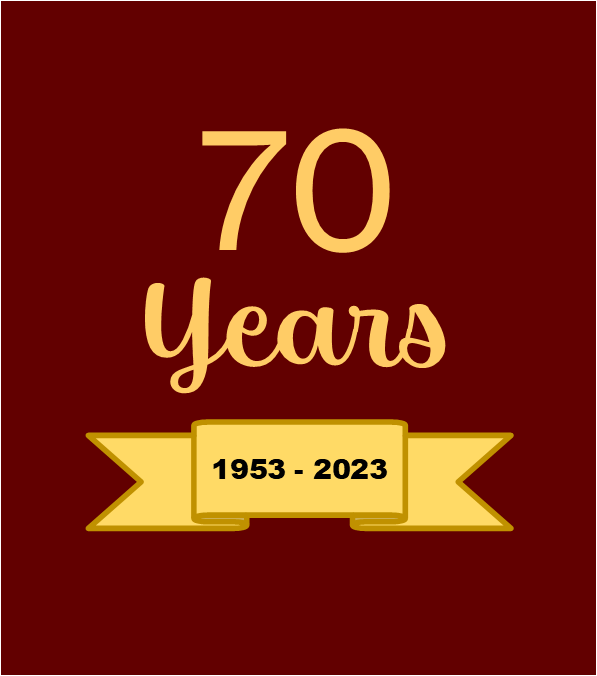 Each year the Institute of Judaeo-Christian Studies hosts the “Monsignor John M. Oesterreicher Memorial Lecture.” This year it will take place on November 12, 2023 and will commemorate the Institute’s 70th anniversary!
Each year the Institute of Judaeo-Christian Studies hosts the “Monsignor John M. Oesterreicher Memorial Lecture.” This year it will take place on November 12, 2023 and will commemorate the Institute’s 70th anniversary!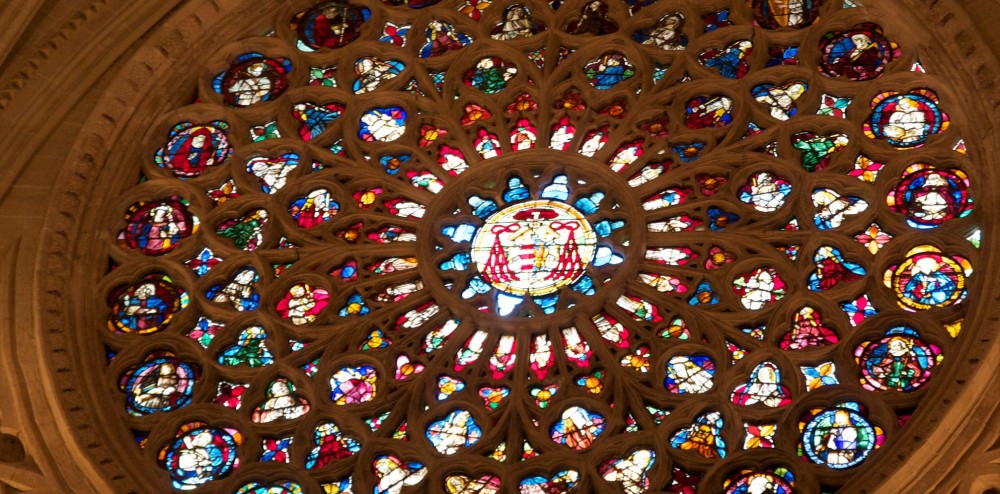
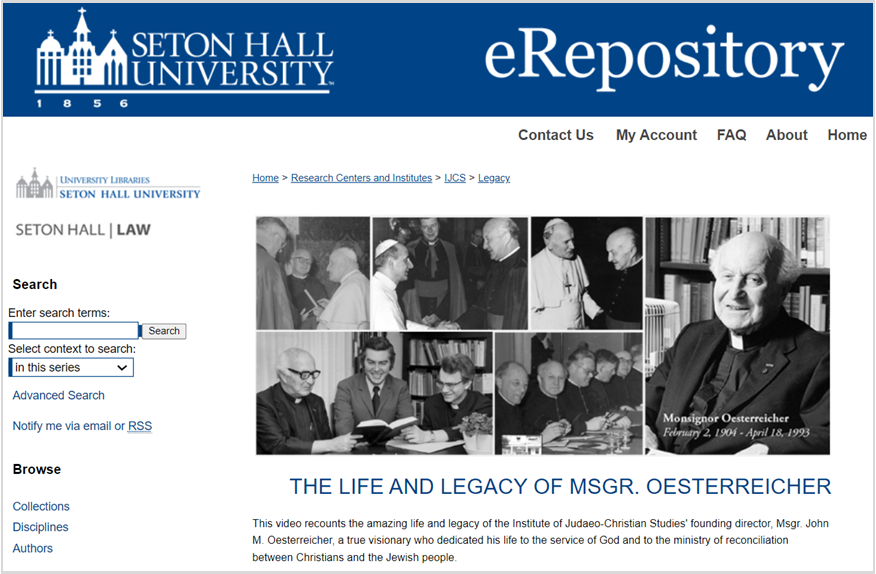
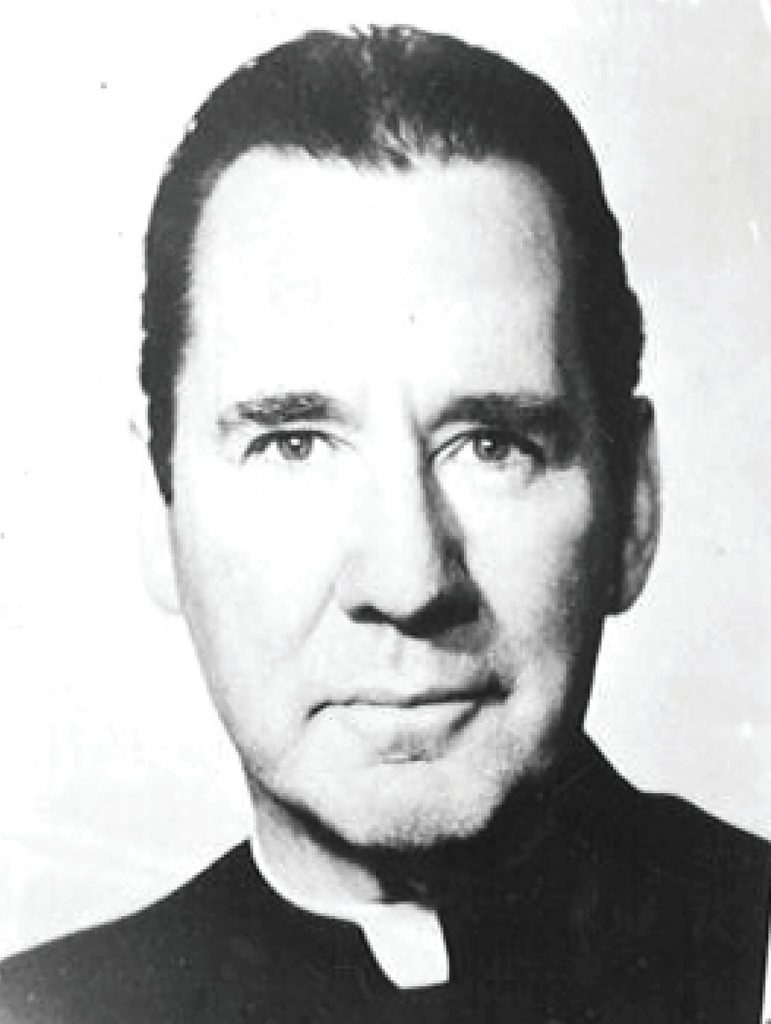
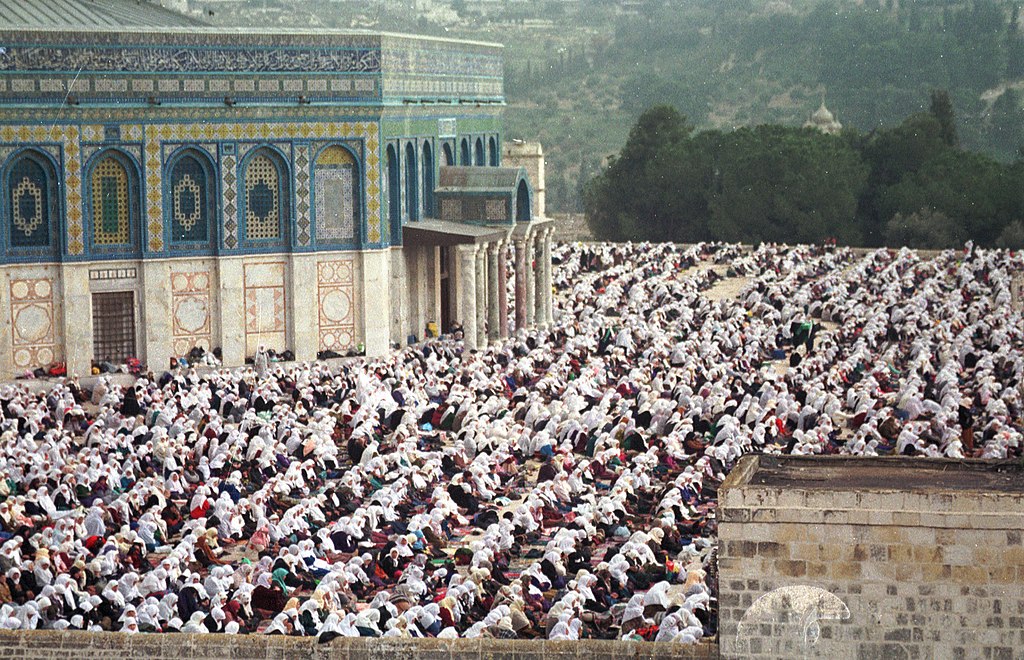
 The Dicastery of Interreligious Dialogue (DID) is the Holy See’s guide to the universal Church’s interaction with people of other religions. Founded to advance the Second Vatican Council’s Declaration on the Church’s Relation to Non-Christian Religions (Nostra aetate), it has produced important texts for interreligious understanding as well as hosting meetings in many parts of the world.
The Dicastery of Interreligious Dialogue (DID) is the Holy See’s guide to the universal Church’s interaction with people of other religions. Founded to advance the Second Vatican Council’s Declaration on the Church’s Relation to Non-Christian Religions (Nostra aetate), it has produced important texts for interreligious understanding as well as hosting meetings in many parts of the world.
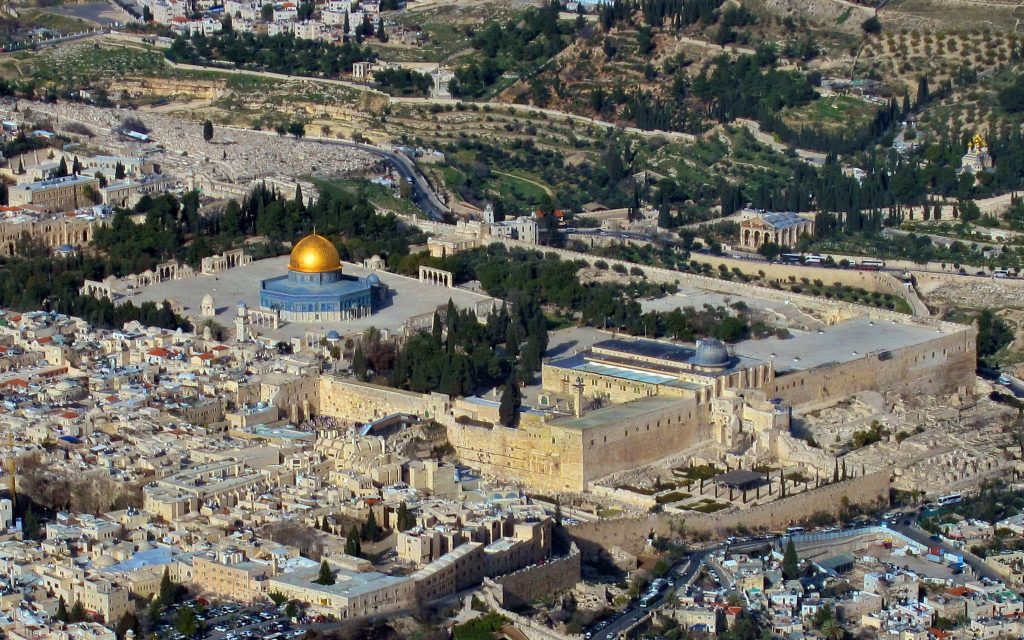
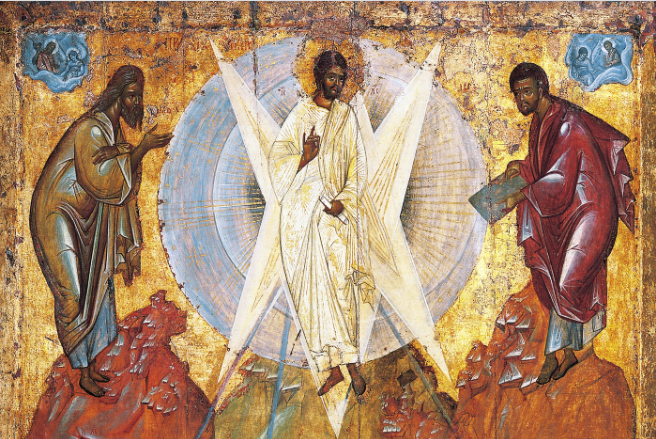
 With sadness I learned that a friend from the early years of my work in Edmonton Alberta, Franklin Henderson, has passed from this world. However, I imagine that both he and his wife Ruth are marveling to be part of the Heavenly Liturgy!
With sadness I learned that a friend from the early years of my work in Edmonton Alberta, Franklin Henderson, has passed from this world. However, I imagine that both he and his wife Ruth are marveling to be part of the Heavenly Liturgy!